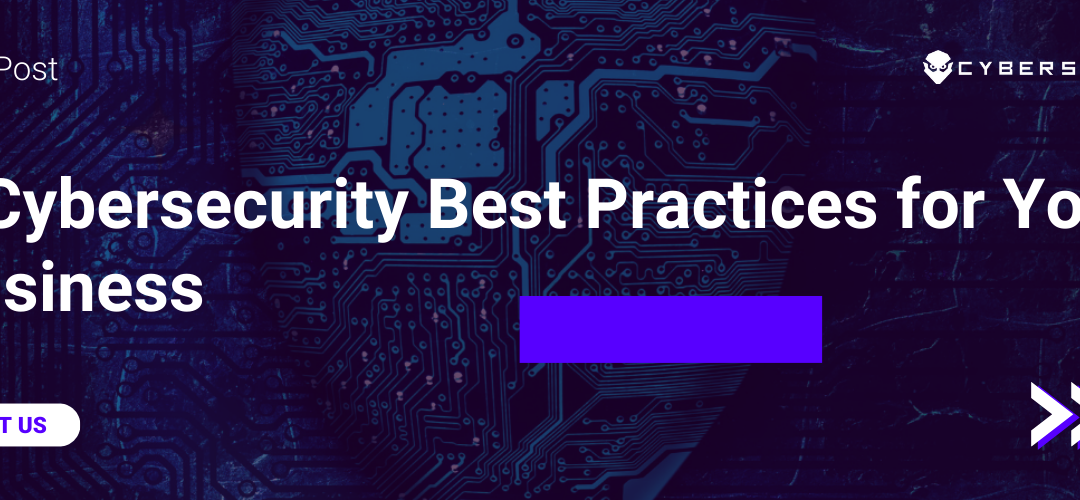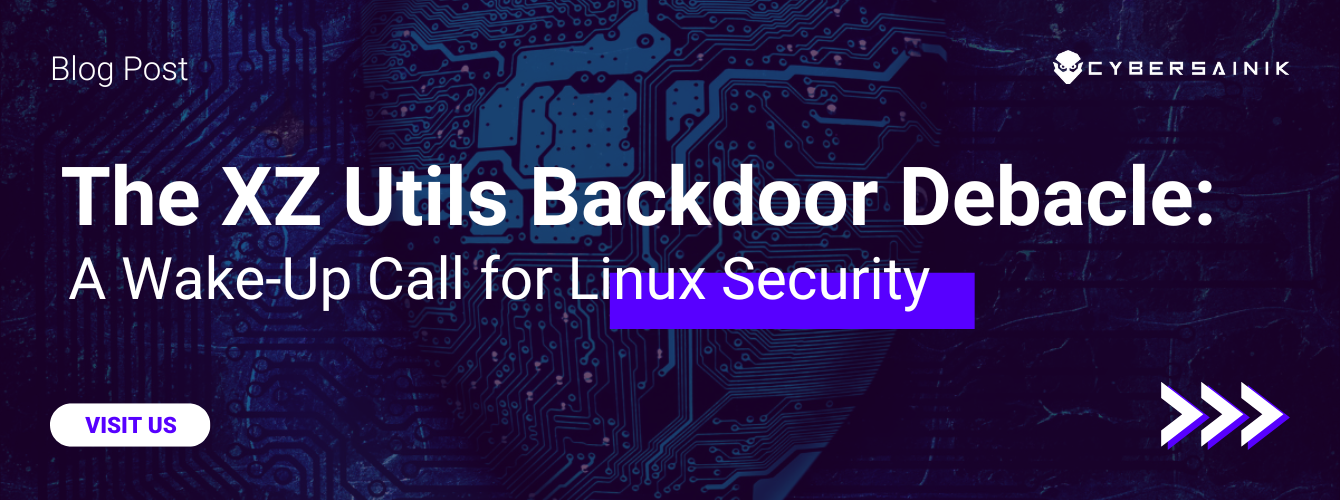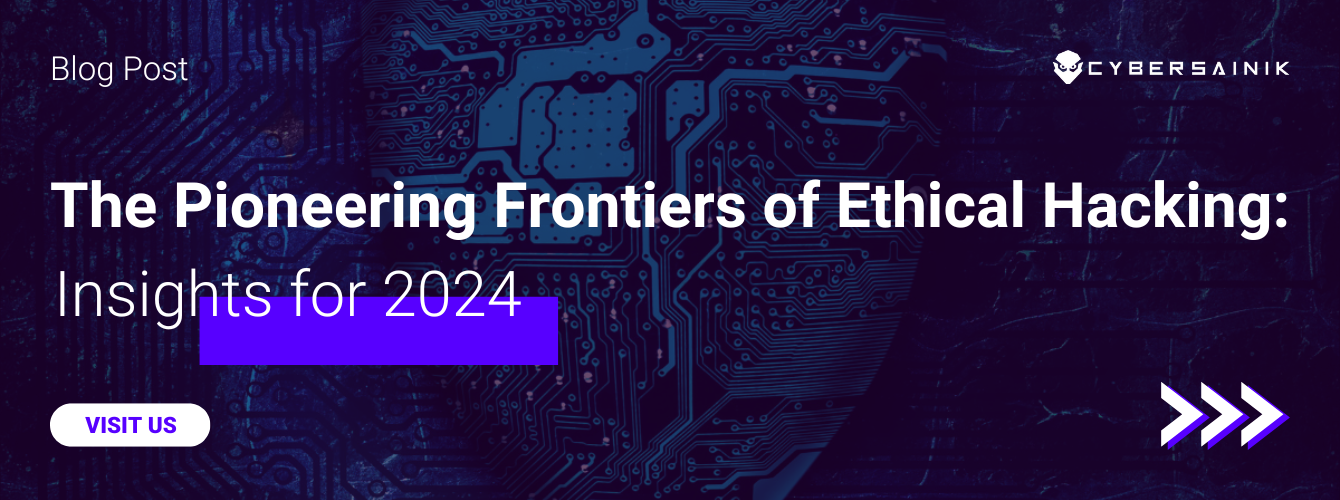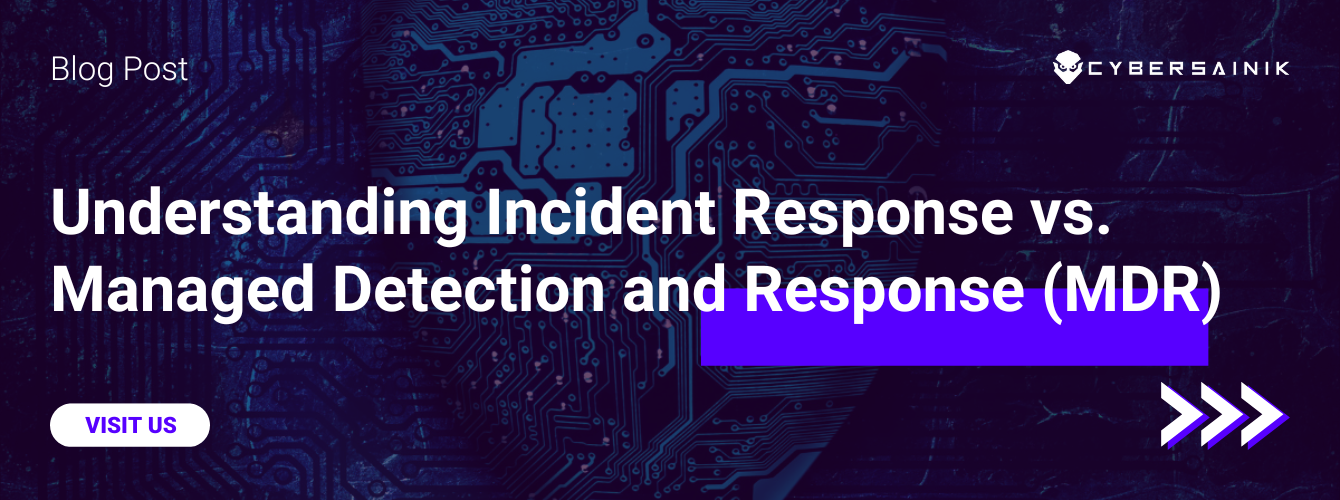Cybercrime has been on the rise in recent years. In 2020 alone, there were over 4.7 million reports of cybercrime in the U.S. Today, cybercriminals are coming up with new ways to target their victims. Small businesses are particularly at a higher risk of these schemes and threats. Considering the far-reaching consequences that cybersecurity threats can have for your business, it is important to implement strong cybersecurity protocols. This will go a long way in helping to protect your business from attacks. So what are some cybersecurity best practices to follow?
Read on to find out.
7 CYBERSECURITY BEST PRACTICES
Businesses are constantly exposed to risks. As such, you need to prepare your business for the unexpected. In today’s digital world, part of this involves learning about and following cybersecurity best practices. Here are seven tips to help you get started.
1. EDUCATION AND TRAINING
Your employees are the weakest link in your cybersecurity chain. Even with proper cybersecurity tools, your efforts will not bear much fruit if workers who access your network are not trained in cybersecurity basics. To keep your business safe, educate staff on the importance of cybersecurity, the latest cybercrime trends and the role they can play in protecting the company. It is also important to establish rules of behavior and penalties for violating security policies.
Through high-quality training, your employees will learn the various ways that online criminals can infiltrate your systems and understand vulnerabilities. They will also be better able to recognize signs of a breach and know how to stay safe. This will empower them to protect themselves, your business, and join the battle against cybercrime.
2. BACKUPS
To protect your business, be sure to back up all your important data and files regularly. Whenever possible, back up the data automatically for enhanced security. Create a comprehensive backup for critical business data such as financial files, databases, accounting records and company personnel records. For better security, choose offsite or cloud-based backup solutions.
Storing backups in a separate location helps to minimize the risk of cyber attacks as well as other physical disasters like fire, floods and theft. When you have a proper backup, you will be in a better position to recover data after an emergency or loss. This will make it easier to get things back up and running, effectively minimizing losses and protecting your reputation.
3. SAFE AND SECURE WI-FI
Cybercriminals can hack your devices and access private data through Wi-Fi. This is why it is important to ensure all your employees use safe and secure wireless connections. Today, remote working has become the new normal. As more employees move to remote work, your business is exposed to additional cyber risks.
As a business leader, you should find ways to minimize these risks. Make sure the Wi-Fi networks your employees use both at the workplace and when working remotely are encrypted and hidden. This is particularly important if your employees work with sensitive data. Also, you may want to discourage staff from using public Wi-Fi and teach them how to use the networks safely if they have to.
4. KEEP FIRMWARE AND SOFTWARE UPDATED
Outdated software presents serious cybersecurity risks. When your software goes for too long without being updated, malicious actors may exploit the weaknesses in your systems. Similarly, the system will not be able to withstand the latest attacks. Lastly, outdated software will expose your business to other risks such as software bugs, human errors, hardware slowdowns and system failure. As such, it is important to keep your firmware and software updated.
Updating and patching your anti-virus and anti-malware software will help to reduce security vulnerabilities. This will in turn assist in keeping hackers out and protecting your data. Lastly, updating software regularly will help to fix bugs and crashes, something that will ensure enhanced device performance.
5. HAVE A PLAN
There is no telling when your business will fall prey to cybercrime. Fortunately, having an incident response plan will help to reduce the impact of an attack. A good response plan will emphasize ongoing training as opposed to one-time training for employees. That way, staff will know what to do in case of a security breach, something that will go a long way in mitigating the damage.
Your cybersecurity risk management plan should include important information such as the specific person employees should contact, where data backups are stored and when they should call law enforcement. You can also create a mobile device action plan that will help to secure the physical devices and protect your company in case they get lost or stolen.
6. BETTER PASSWORDS AND MULTI-FACTOR AUTHENTICATION
Passwords provide the first line of defense against unauthorized access to your network and data. However, with cybercriminals getting smarter by the day, you also need to be smart about passwords. Enforce safe password practices to ensure all employees choose unique passwords, protect them and update them regularly. Using stronger and more secure passwords will help to keep you safe from malicious software and hackers.
Today, about 80 percent of data breaches are the result of poor password security. To ensure proper security, especially when it comes to sensitive data, use multi-factor authentication. This security process provides an extra layer of protection in case hackers compromise passwords when trying to gain access to your system. That way, your business will be protected even if someone makes a security mistake.
7. MANAGE IoT SECURITY
The Internet of Things (IoT) offers small businesses numerous benefits. However, IoT devices may expose your business to cybersecurity risks if not managed and secured properly. This is partly because the devices can access a lot of sensitive information, provide a potential entry point for malicious actors since they connect to the internet and are generally easier targets for online criminals.
Even as you enjoy the benefits associated with IoT systems, be sure to take measures to reduce the risk of IoT attacks. To do this, you should understand your vulnerabilities, ensure proper password management, use a firewall and ensure continuous monitoring to minimize external IoT risks. Lastly, consider bringing in professional support.
Are you looking for ways to protect your Denver, CO business online? Cyber Sainik can help. We are a managed security service provider in Denver, CO that offers extensive cybersecurity services and solutions. Our cybersecurity framework is designed to detect, identify and protect your business against cyberthreats, and help you recover after an attack. Contact us today to schedule a consultation.




